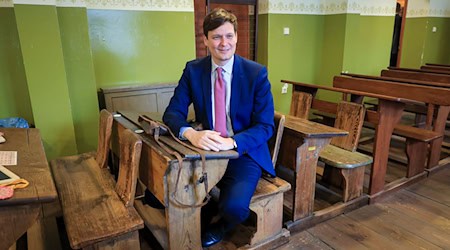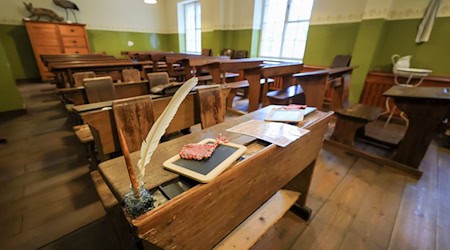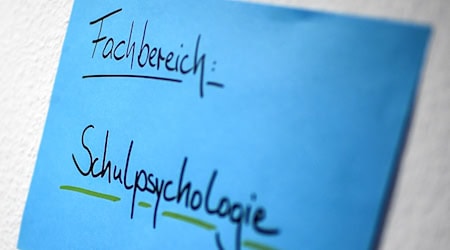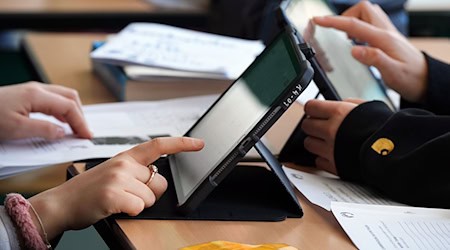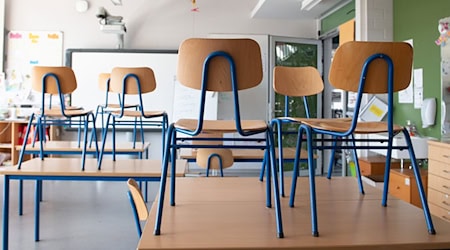Confidence instead of fear of the future: the consequences of media consumption are increasingly playing a role at schools in Saxony. The focus is on social media such as TikTok and Instagram. A flood of negative news about wars, crises and disasters is making pupils anxious, according to a post on the blog of the Saxon Ministry of Culture.
Life in a time of permanent crisis
"I notice that many pupils feel overwhelmed and defenceless. They have the impression that they are living in a permanent crisis period in which they can't do anything about it themselves and nothing is being done for them. Their feeling of helplessness is exacerbated by the amount of news they are bombarded with every day via social media," explained Amy Kirchhoff, Chair of the Saxony State Student Council.
Neuroscientist Maren Urner sees further consequences for the young generation as a result of the over-presence of social media: "Firstly, there is the constant availability. The internet and smartphones create constant pressure, combined with questions like: What could I be missing right now? When will my friends react to my post, my story, my video?"
Continuous consumption of negative news can lead to a negative world view
According to Urner, there is a proven link between long periods of social media use on the one hand and feelings of loneliness and mental illnesses such as depression on the other. An addictive consumption of negative news can in turn lead to a negative world view and helplessness in this crucial phase of life.
Strengthening resilience with good news
At the Elstra secondary school (Bautzen district), positive news is being used to counter this development. Principal Jana Schwan and her staff introduced a "future workshop" last school year. Every Friday, the children work on projects of their own choosing and can get involved with other people, the environment, animals or plants, depending on their interests.
"We don't just want to talk about how we can promote sustainable development, we really want to get involved," reported Schwan. In order to strengthen the children's resilience when bad news dominates, the future workshop always begins with "good news", for example when the pupils are told about new protected areas in the Arctic or less waste in Germany.
"Then we get into action ourselves and create "good news" in Elstra by doing something good together with the children right here on site," explained the principal. The children have already used magnetic fishing rods to catch scrap metal from the surrounding waters, built insect hotels or birdhouses, sown wildflower meadows, planted apple trees, sung at the hospice or beautified the schoolyard.
Good news should create a counterbalance
Amy Kirchhoff from the regional student council believes this is a constructive approach: "Negative news is more present in the media and increasingly played out. It makes sense to talk about positive news and create a counterbalance." It is particularly effective when children and young people can play an active role in shaping their school. Instead of a feeling of helplessness, they can experience self-efficacy.
Copyright 2024, dpa (www.dpa.de). All rights reserved


